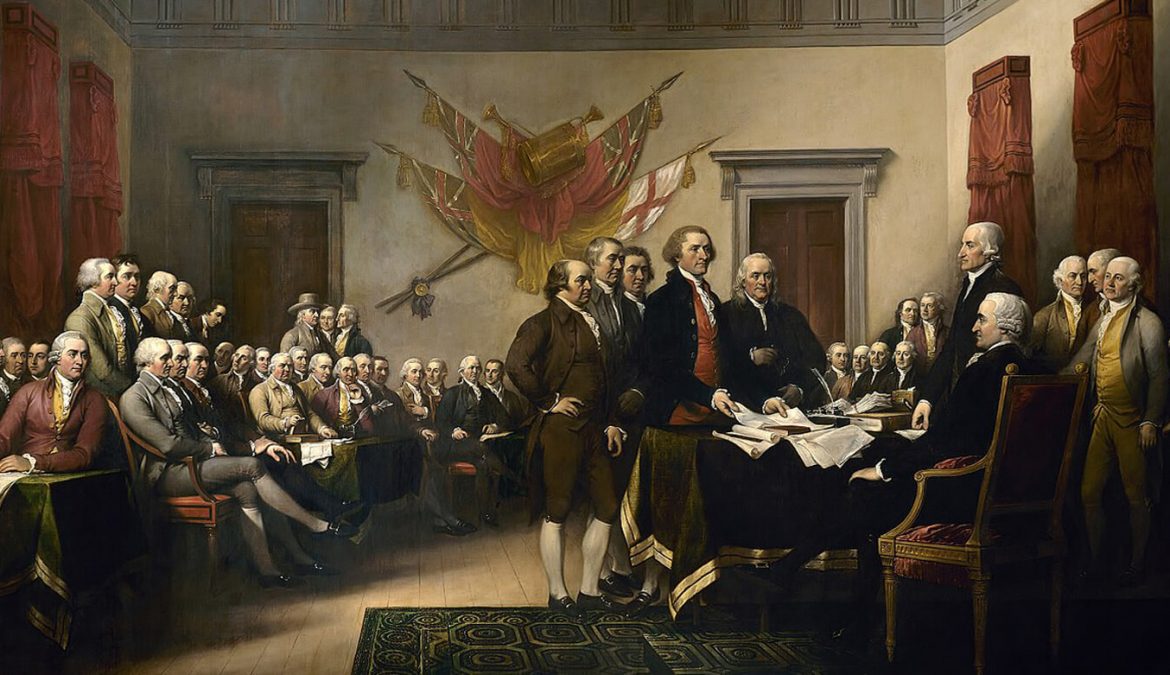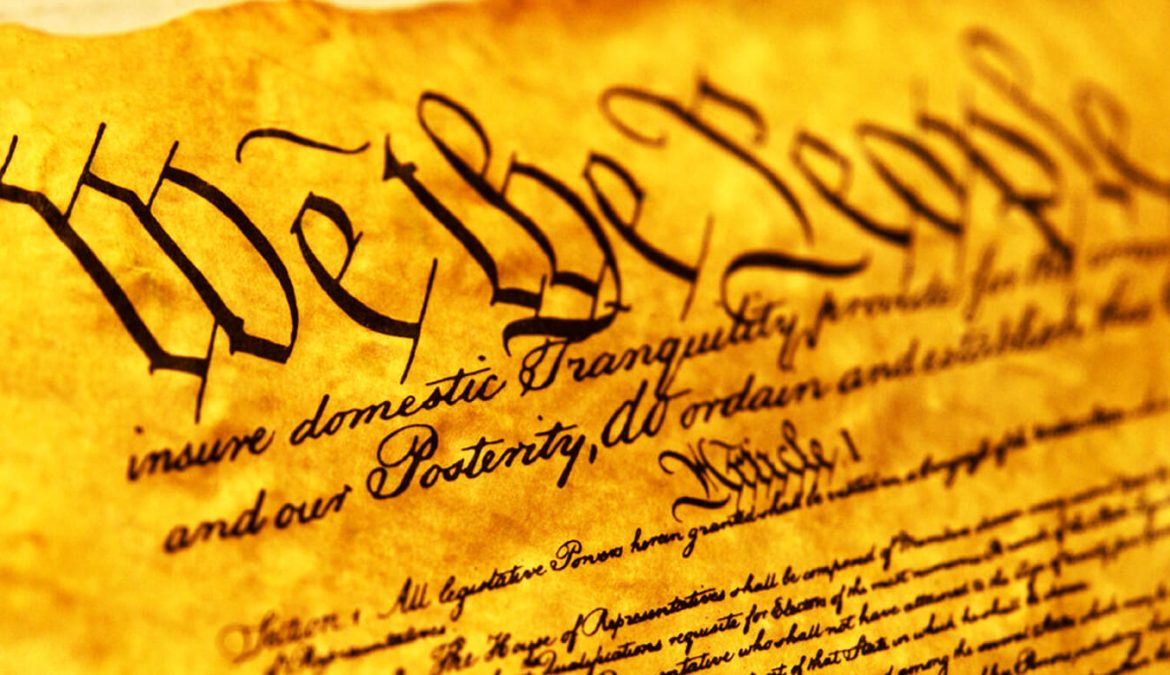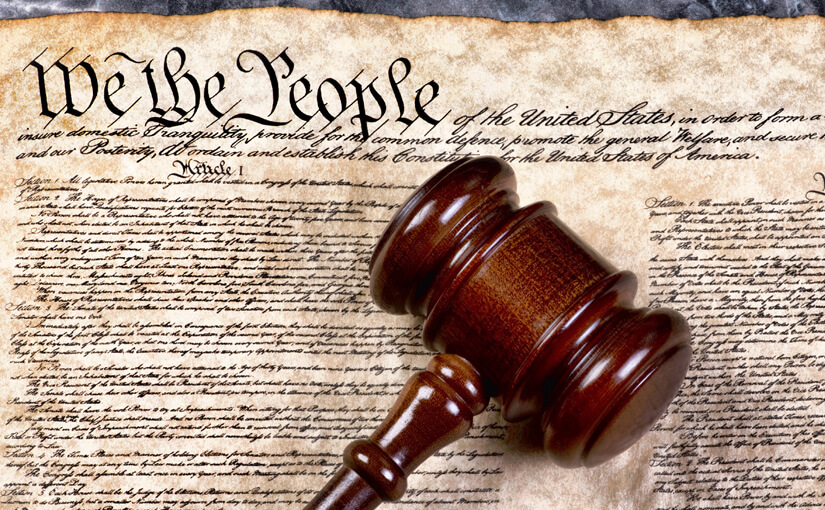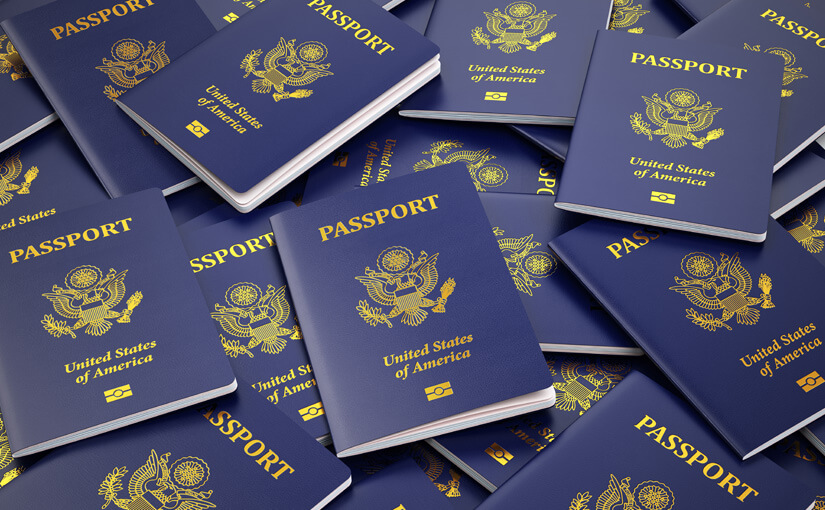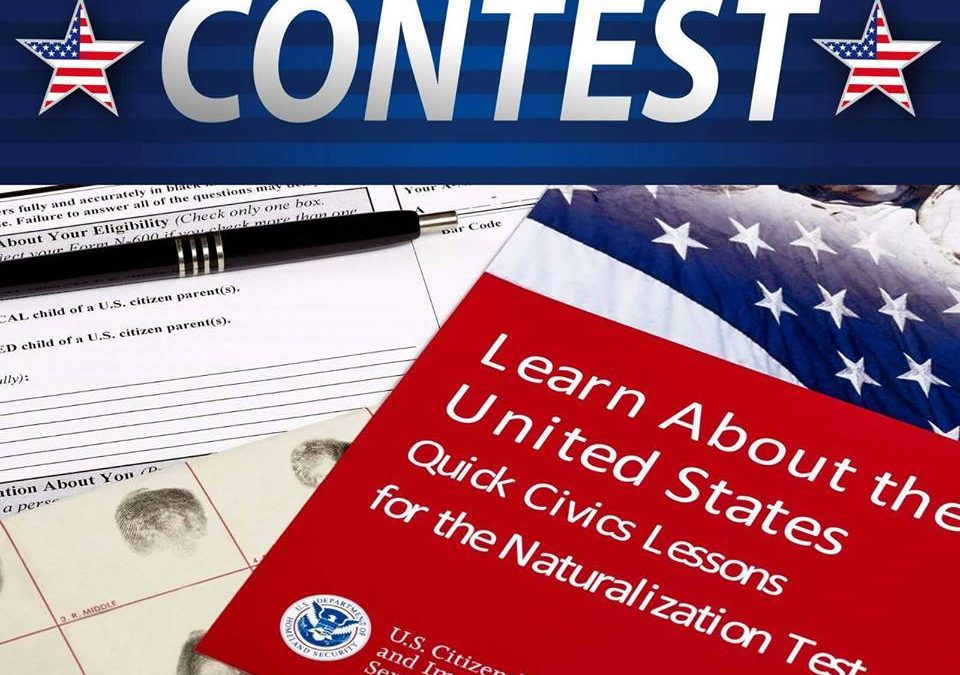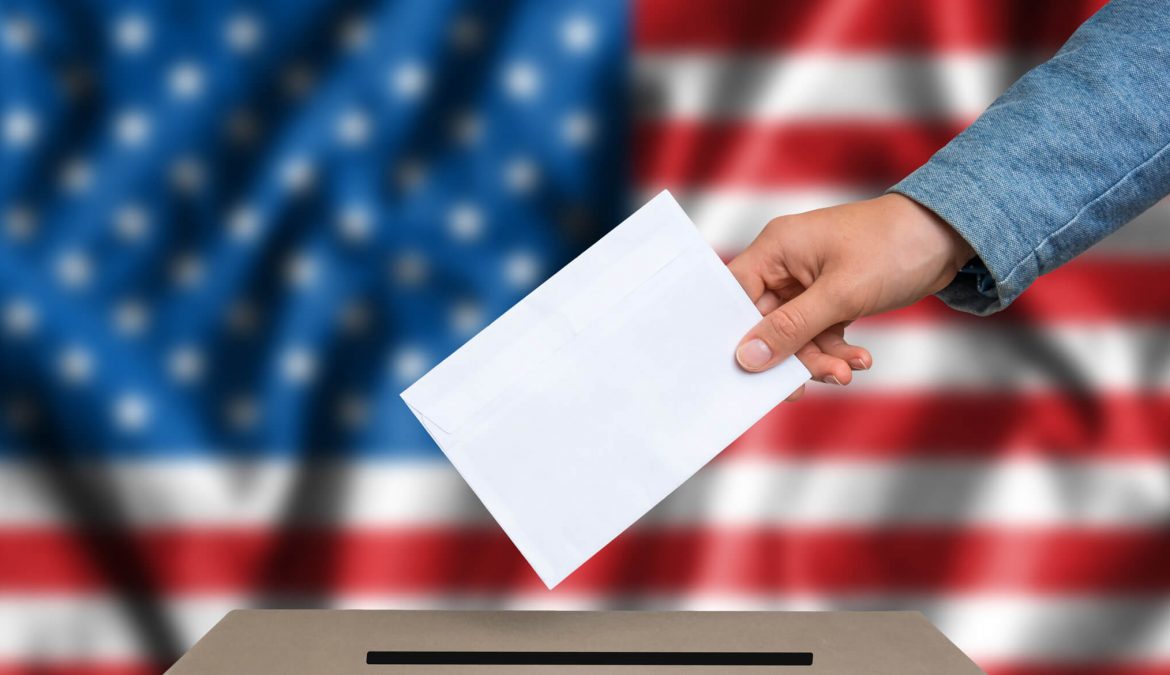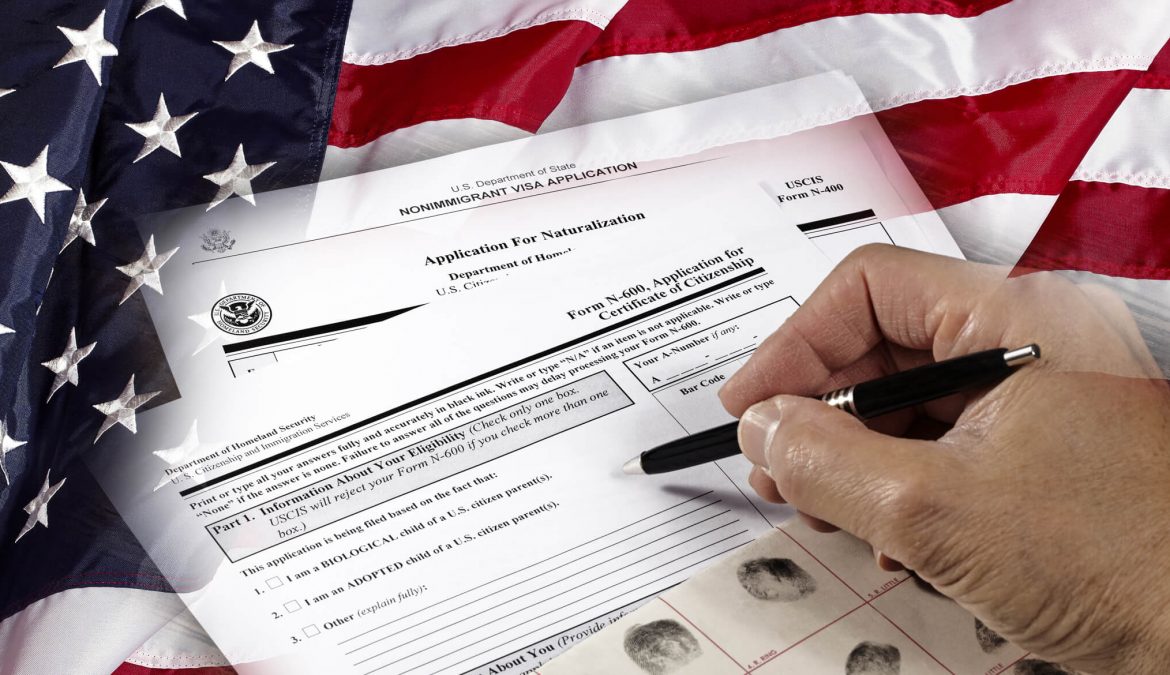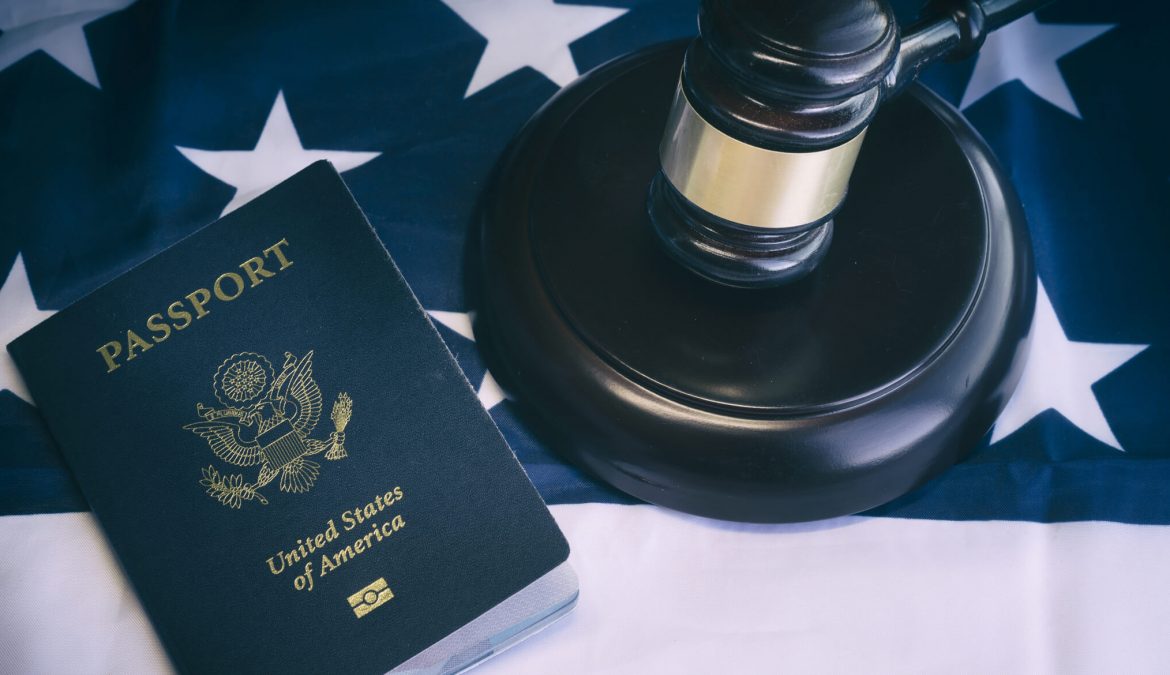- Change (to the Constitution)
- An addition (to the Constitution)
An amendment is a change or addition to the Constitution. The Framers of the Constitution knew that laws can change as a country grows. They did not want to make it too easy to modify the Constitution, the supreme law of the land. The Framers also did not want the Constitution to lose its meaning. For this reason, the Framers decided that Congress could pass amendments in only two ways: by a two-thirds vote in the U.S. Senate and the House of Representatives or by a special convention.
A special convention has to be requested by two-thirds of the states. After an amendment has passed in Congress or by a special convention, the amendment must then be ratified (accepted) by the legislatures of three-fourths of the states.
The amendment can also be ratified by a special convention in three-fourths of the states. Not all proposed amendments are ratified. Six times in U.S. history amendments have passed in Congress but were not approved by enough states to be ratified.
** As you prepare for U.S. citizenship, Learn About the United States: Quick Civics Lessons will help you study for the civics and English portions of the naturalization interview. There are 100 civics (history and government) questions on the naturalization test. During your naturalization interview, you will be asked up to 10 questions from the list of 100 questions. You must answer correctly six (6) of the 10 questions to pass the civics test.


